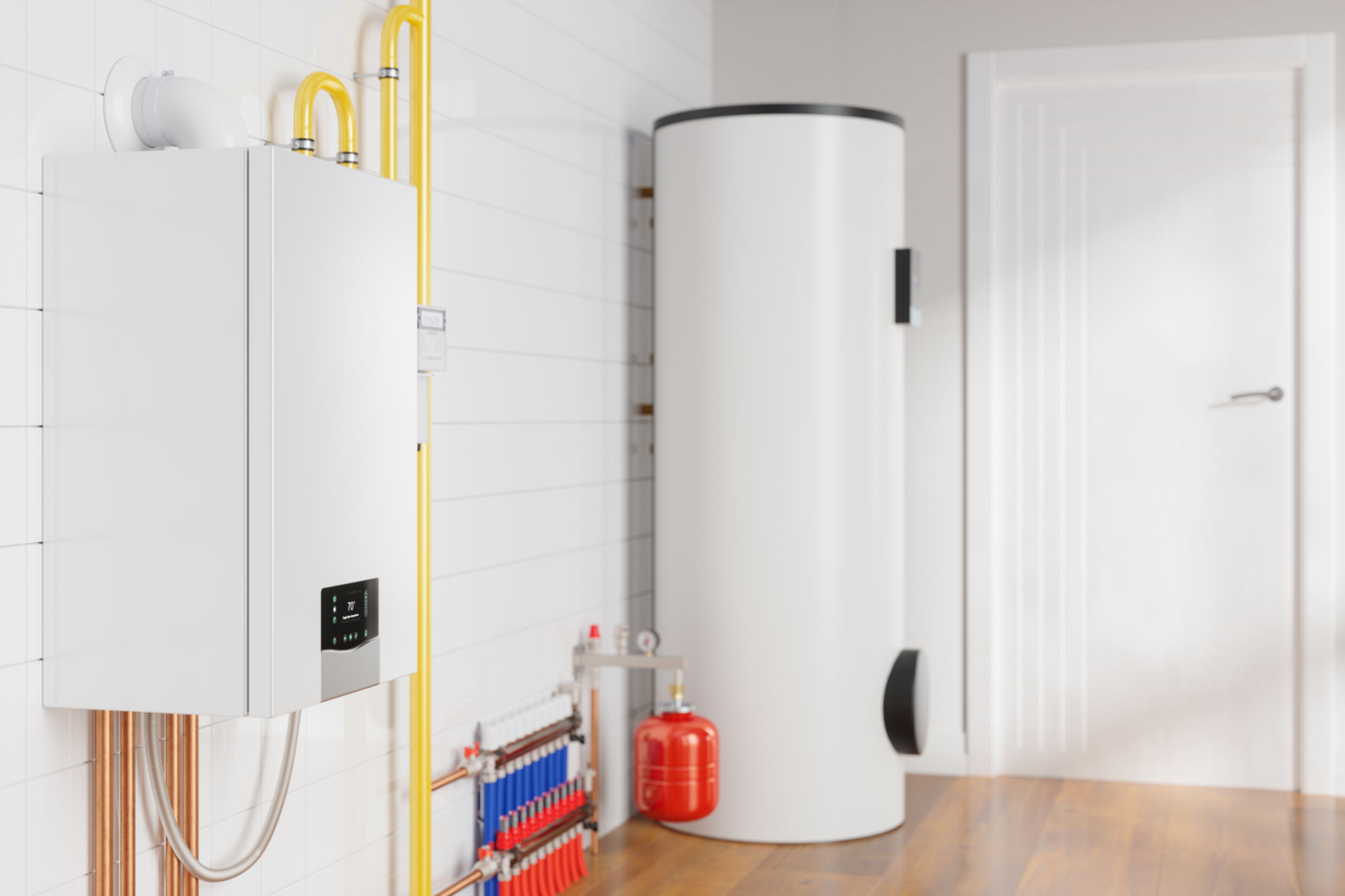Understanding the Different Types of Water Heaters Available
Introduction to Water Heaters
Water heaters are essential appliances in modern households, providing the comfort of hot water for bathing, cooking, and cleaning. With several types available, choosing the right water heater can significantly impact energy efficiency and utility bills. Understanding the different options can help you make an informed decision that meets your needs and budget.

Conventional Storage Water Heaters
Conventional storage water heaters are the most common type found in homes. They operate by storing and heating water in a tank, available in various capacities to fit different household sizes. Energy efficiency is a key consideration, as these units maintain a constant temperature, leading to potential energy waste. However, advancements in technology have introduced energy-efficient models that can help reduce operational costs.
Pros and Cons
The main advantage of conventional storage water heaters is their ability to supply a constant supply of hot water. However, they can take up significant space and may experience standby heat loss. Regular maintenance is required to ensure optimal performance and longevity.

Tankless Water Heaters
Tankless water heaters, also known as on-demand water heaters, heat water directly without storing it in a tank. When a hot water tap is turned on, cold water travels through a pipe into the unit and is heated by either a gas burner or an electric element. This type of water heater is praised for its energy efficiency and ability to provide hot water only when needed.
Benefits of Going Tankless
Tankless water heaters offer several benefits, including a compact design that saves space and potentially lower energy bills due to no standby heat loss. However, they often have higher upfront costs and might require professional installation.

Heat Pump Water Heaters
Heat pump water heaters use electricity to move heat from one place to another instead of generating heat directly. This makes them a highly energy-efficient option. They work best in warm climates and require more space due to their compressor and evaporator components.
Considerations for Installation
While heat pump water heaters can offer significant energy savings, they may not be suitable for colder regions. Additionally, they tend to have a higher initial cost but can pay for themselves over time with reduced utility bills.
Solar Water Heaters
Solar water heaters use energy from the sun to heat water, making them an environmentally friendly choice. They typically consist of solar collectors and a storage tank. While these systems can significantly reduce energy costs, they rely on consistent sunlight and may require a backup system for cloudy days.

Environmental Impact and Savings
The primary benefit of solar water heaters is their ability to harness renewable energy, reducing reliance on fossil fuels. They can be an excellent long-term investment for those committed to sustainability, though initial installation costs can be high.
Conclusion
Selecting the right water heater involves weighing factors like upfront costs, energy efficiency, space requirements, and environmental impact. Whether you opt for a conventional storage unit, tankless system, heat pump, or solar model, understanding the unique advantages and limitations of each type will guide you in making an informed choice that suits your household's needs.
